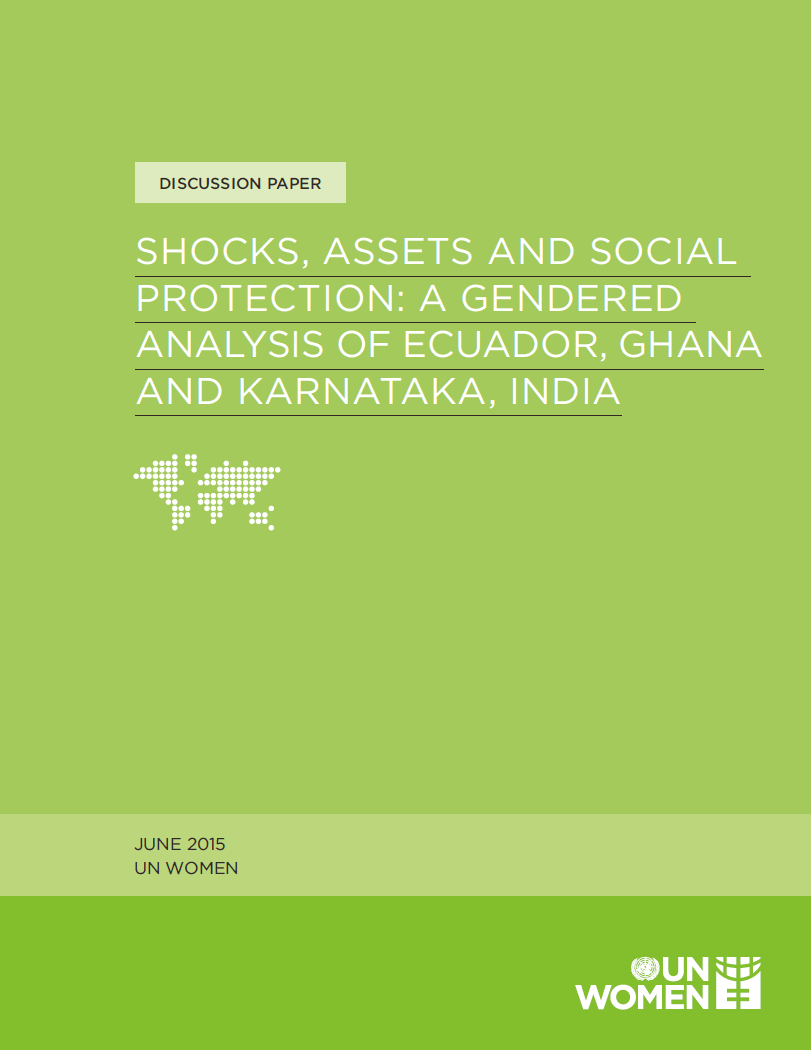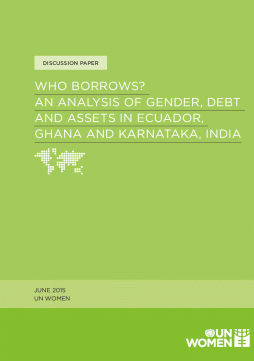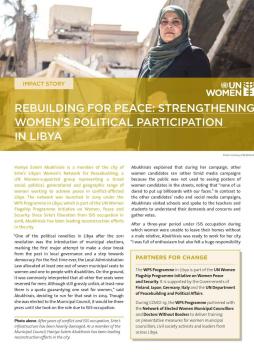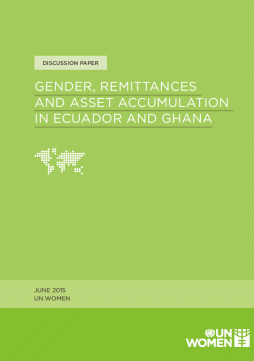Shocks, assets and social protection: A gendered analysis of Ecuador, Ghana, and Karnataka, India
This study explores the shocks experienced by households and the coping strategies employed by them. Women and men living in the same household may not always experience shocks or be impacted by them in the same way. The coping strategies employed depend on the nature of the shock, who experiences the shock and the resources that are available to respond to the shock. Women and men do not always have access to the same pool of resources and may therefore employ different coping strategies even when experiencing the same shock. Different coping strategies can have different welfare implications in the long run.
Drawing upon representative household surveys in Ecuador, Ghana and Karnataka, India, this study analyses the relationship between assets and shocks. Shocks can result in two types of asset loss. Assets may be directly lost as direct result of the shock, such as through a fire or livestock loss due to disease. In addition, coping strategies may involve the sale or pawning of assets. We provide some insights into which assets are lost as a direct result of the shock, whose assets are lost, which assets are sold or pawned, to whom they belong, who is involved in the decision to sell or pawn the asset and whether the asset has been replaced.
Finally, the study analyses the extent to which households in Ecuador and Karnataka participate in selected social protection programmes when they experience shocks.
Using a gender lens to understanding the role of assets in dealing with shocks is critical to being able to develop policies and programmes to increase social protection and strengthen the resilience of both women and men, as recommended by Sustainable Development Goals 1.5, 11.b, 13.1 and 14.2.









